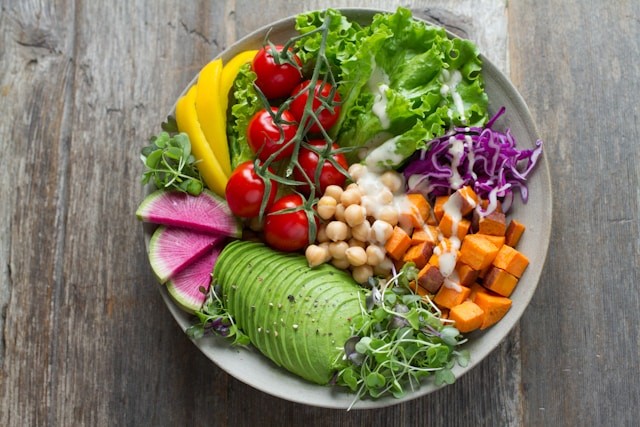 Sale Ends 31 Jul, 20-50% OFF + Free Shipping
Sale Ends 31 Jul, 20-50% OFF + Free Shipping Sale Ends 31 Jul, 20-50% OFF + Free Shipping
Sale Ends 31 Jul, 20-50% OFF + Free Shipping
Kilojoules, often abbreviated as “kJ,” are a unit of measurement for energy. In the context of nutrition, kilojoules represent the energy content. It is essential to understand the number of calories we intake to maintain a healthy weight. By knowing the energy value per serving of various foods, we can make informed choices for our diet.
When we consume more kilojoules than we burn, the excess energy is stored as fat in our bodies. Conversely, if we burn more kilojoules than we consume, we create a calorie deficit that can lead to weight loss. It’s crucial to be mindful of the kilojoules we consume and expend daily. Only by doing so can we achieve our desired weight goals.
When determining how many kilojoules (or calories) you should burn each day to achieve weight loss, several factors come into play. These factors include:
To determine how many kilojoules you should burn in a day, it’s important to consider the above-mentioned factors. The general recommendation is to create a calorie deficit by burning more kilojoules than you consume.
A safe and sustainable rate of weight loss is typically around 0.5 to 1 kilogram per week, which translates to a daily calorie deficit of about 500 to 1000 kilojoules. This can be achieved through a combination of reducing caloric intake and increasing physical activity.
It’s generally not recommended to dip below a daily intake of 8,700 kilojoules for men and 7,400 kilojoules for women. This could potentially lead to nutrient deficiencies and metabolic slowdown.
If you’re unsure about how to calculate your specific kilojoule needs for weight loss, you may want to consult with a nutritionist.
Knowing your daily energy requirement is an important step in managing your diet and maintaining a healthy lifestyle. By using a calorie calculator, you can determine the amount of energy your body needs to function properly throughout the day. This information can help you make informed decisions about the foods you eat. Whether you’re trying to lose weight, gain muscle, or just maintain your current weight, it is key to achieving your health and fitness goals.
Several factors can influence your daily kilojoule requirement, including your age, weight, height, activity level, and metabolic rate. By inputting these variables into a calculator, you can get a personalized estimate of how many kilojoules you need each day. This information can help you create a meal plan that is tailored to your specific needs and goals.
Remember that your daily kilojoule requirement may change depending on your activity level and goals. It’s important to reassess periodically and adjust your intake as needed.

You can look at the nutritional information on food packaging or use online resources. The energy value of food is typically measured in kilojoules per serving. It can assist you in balancing your kilojoule intake and expenditure for weight management. By paying attention to the energy values, you can make healthier choices that support your overall well-being.
It’s also beneficial to familiarize yourself with common kilojoule values for different food groups. This will help you plan balanced meals that meet your energy needs.
When trying to lose weight, it’s essential to adopt strategies that promote a healthy and sustainable approach to achieving your goals.
It refers to the misconception that severely restricting kilojoule intake or skipping meals is an effective way to lose weight. In reality, depriving your body of essential nutrients and energy can have negative consequences on your metabolism and overall health.
While creating a kilojoule deficit is necessary for weight loss, it’s important to do so safely and sustainably. Crash dieting or extreme kilojoule restrictions can slow down your metabolism, leading to muscle loss and nutrient deficiencies.
To achieve lasting weight loss results, focus on creating a moderate kilojoule deficit through a balanced diet and regular exercise. By adopting healthy lifestyle habits and seeking professional guidance, you will embark on a successful weight loss journey.